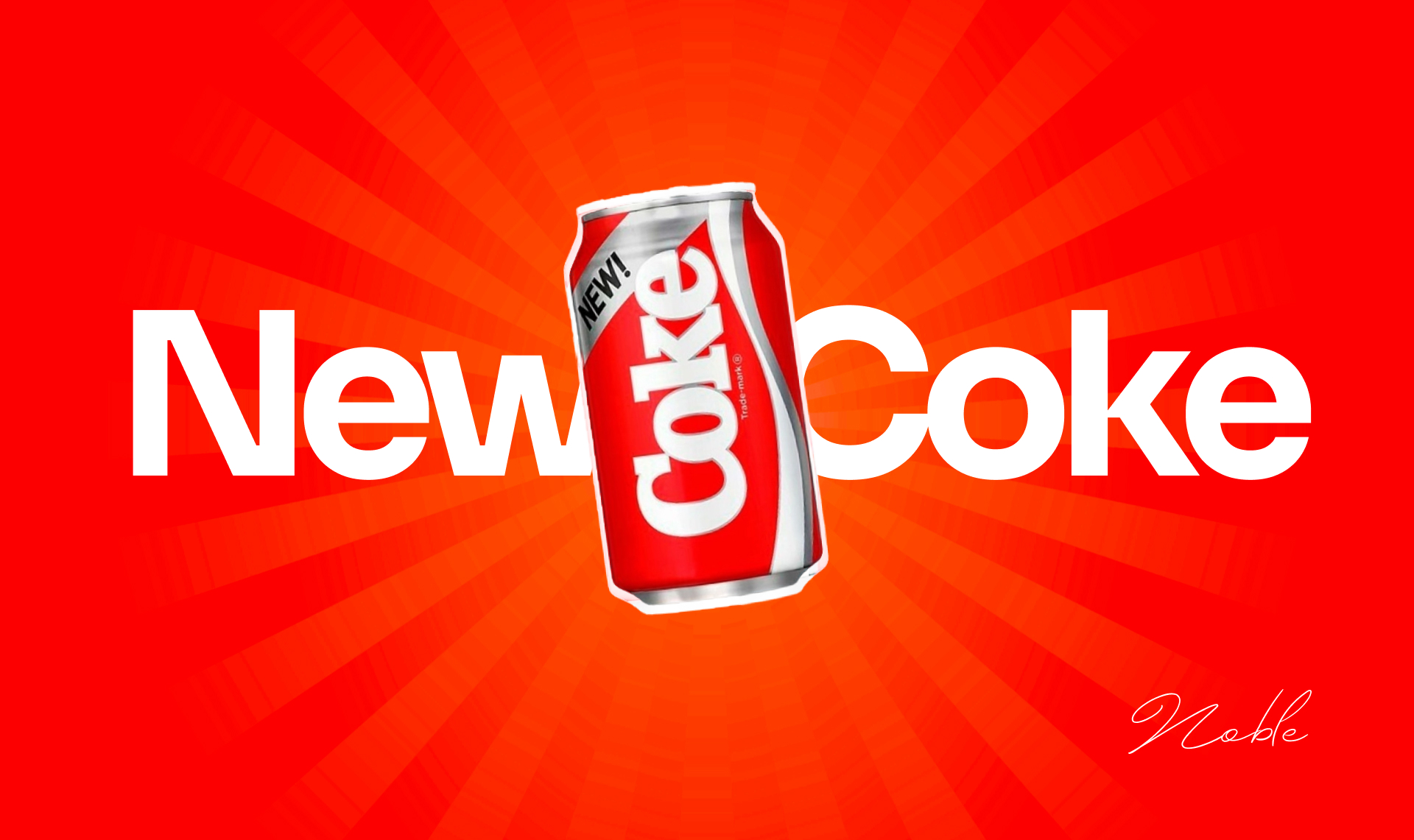The Costly Mistake That Shocked the Market
In 1985, Coca-Cola made one of the biggest marketing mistakes in history when it introduced New Coke, a reformulated version of its flagship soft drink. They aimed to reclaim market dominance so the company replaced the original Coca-Cola with the new formula, expecting customers to embrace the change.
But instead of celebration, there was outrage. Loyal customers saw the move as a betrayal, leading to a massive backlash, boycotts, and protests. About 77 days later, Coca-Cola was forced to bring back the original recipe under the name Coca-Cola Classic. What was meant to be an improvement turned into a case study on brand loyalty, consumer perception, and marketing strategy.
The Cola Wars: Coca-Cola vs. Pepsi
The 1980s were the height of the Cola Wars, with Coca-Cola and Pepsi battling for market dominance. Pepsi had gained traction with the “Pepsi Challenge”, a blind taste test where consumers preferred Pepsi’s sweeter taste over Coke.
This made Coca-Cola executives panic and assumed that the problem was their formula, not realising that the real competition wasn’t taste but branding. They were determined to reclaim their spot so they launched New Coke, believing a fresher, sweeter version of their drink would win back customers.
However, there was a major problem, Coca-Cola couldn't have two competing cola flavours on store shelves. Instead, they completely replaced it with New Coke, underestimating the emotional attachment consumers had to the original Coke.
The Public Backlash: When Customers Fight Back
New Coke wasn’t just unpopular, it was hated. Customers flooded Coca-Cola’s phone lines with over 40,000 complaints. Protest groups emerged, demanding the return of the original. Some even hoarded old Coca-Cola bottles, fearing they’d never get their beloved drink again.
The backlash proved that brand loyalty isn’t just about product quality, it’s about emotional connection. Coca-Cola had unknowingly erased a piece of nostalgia, tradition, and identity that customers held dear.
Key Lessons from the New Coke Failure
The blind taste tests showed that people liked New Coke, yet they rejected it. It was because Coca-Cola wasn’t just a drink, it was an experience, a tradition, and a part of people’s lives. Companies must understand that customer perception often outweighs product functionality.
Coca-Cola assumed that better taste meant better sales. They overlooked consumer emotions and loyalty. A brand should always prioritise customer feedback before making a major change.
The CEO of Coca-Cola admitted they underestimated how much the product meant to their customers. Even Pepsi’s CEO, Roger Enrico, later said:
"By the end of their nightmare, they figured out who they really are—caretakers. They can’t change the taste of their flagship brand. They can’t change its imagery. All they can do is defend the heritage they nearly abandoned in 1985."
Coca-Cola spent decades building trust, nostalgia, and emotional loyalty. When they changed the formula, they didn’t just alter the taste, they broke the emotional connection with customers.
Final Thoughts
The New Coke failure is a powerful reminder that successful branding isn’t just about a great product, it’s about how customers feel about it. Businesses that ignore their audience’s emotional connection risk losing their most valuable asset, loyalty.
Coca-Cola eventually bounced back, but only after learning the hard way that brands belong to the people, not just the boardroom.
FAQs
What was Coca-Cola’s biggest mistake with New Coke?
Coca-Cola underestimated brand loyalty. They thought better taste meant better sales, but customers had a deep emotional attachment to the original formula.
Why did Coca-Cola bring back the original formula so quickly?
Massive public backlash forced them to reintroduce the original formula about 77 days later, renaming it Coca-Cola Classic.
What can businesses learn from New Coke’s failure?
The key takeaway is that brand perception matters more than product changes. Businesses must listen to customers and understand the emotional ties people have to their brands.
Did the New Coke controversy benefit Coca-Cola in the long run?
Surprisingly, yes. Although they lost millions, the controversy generated massive free publicity. When Coca-Cola Classic returned, sales skyrocketed, proving the strength of consumer loyalty.



